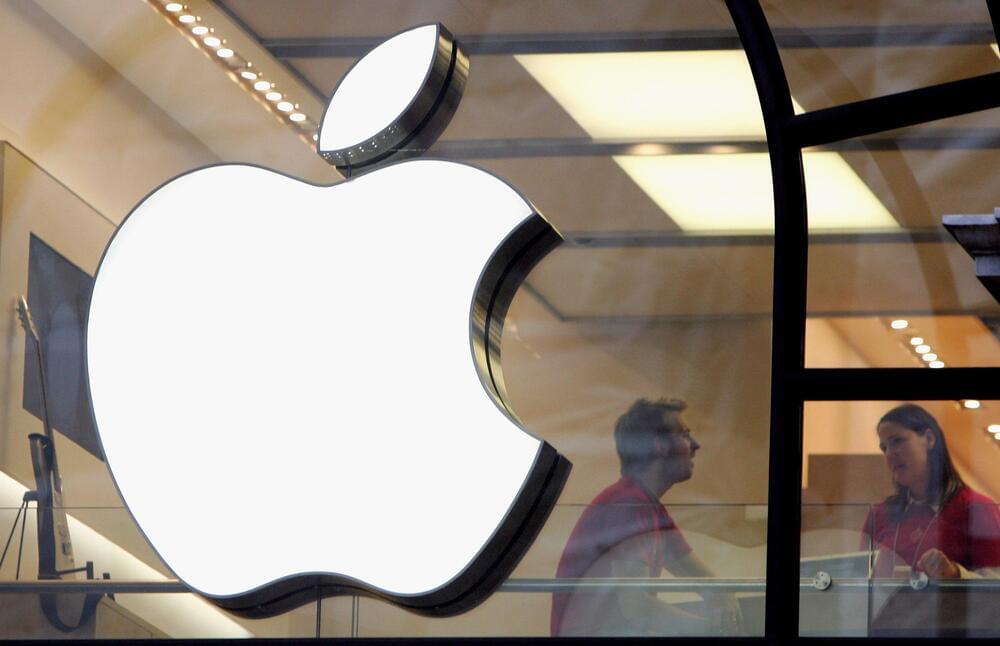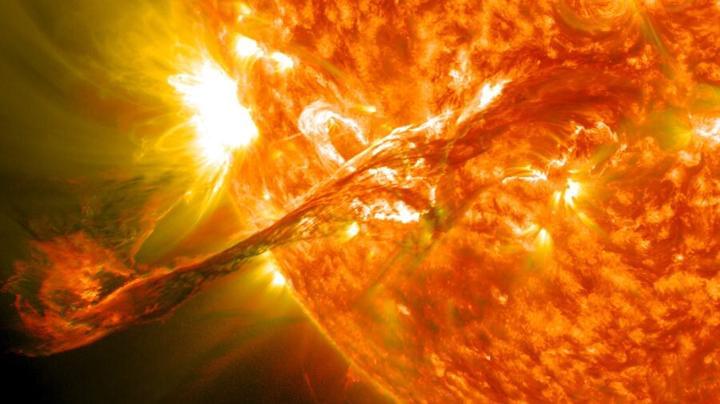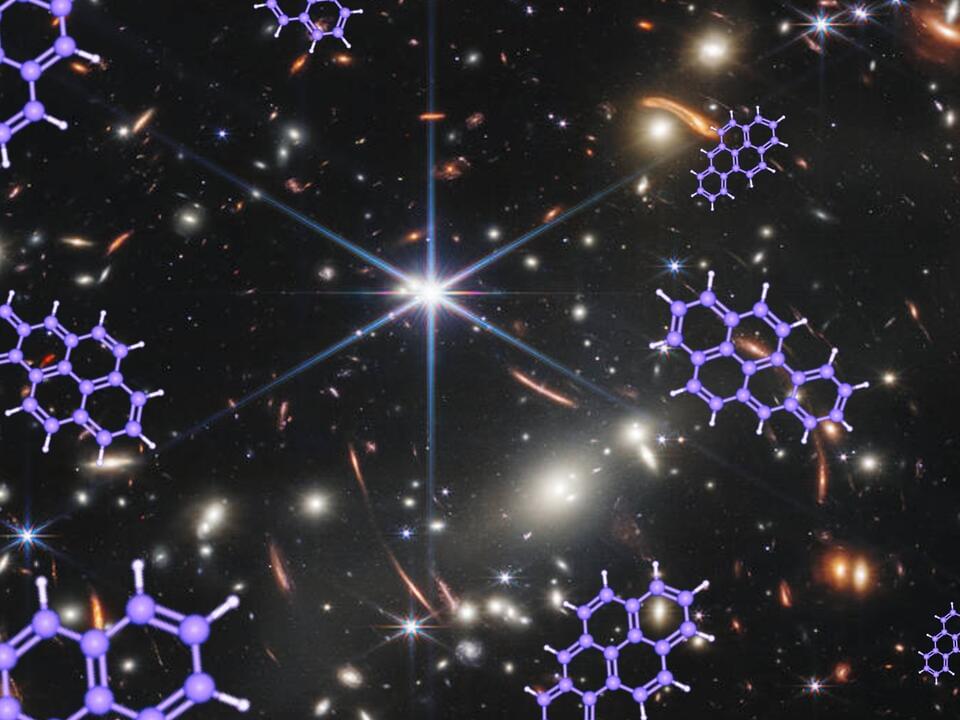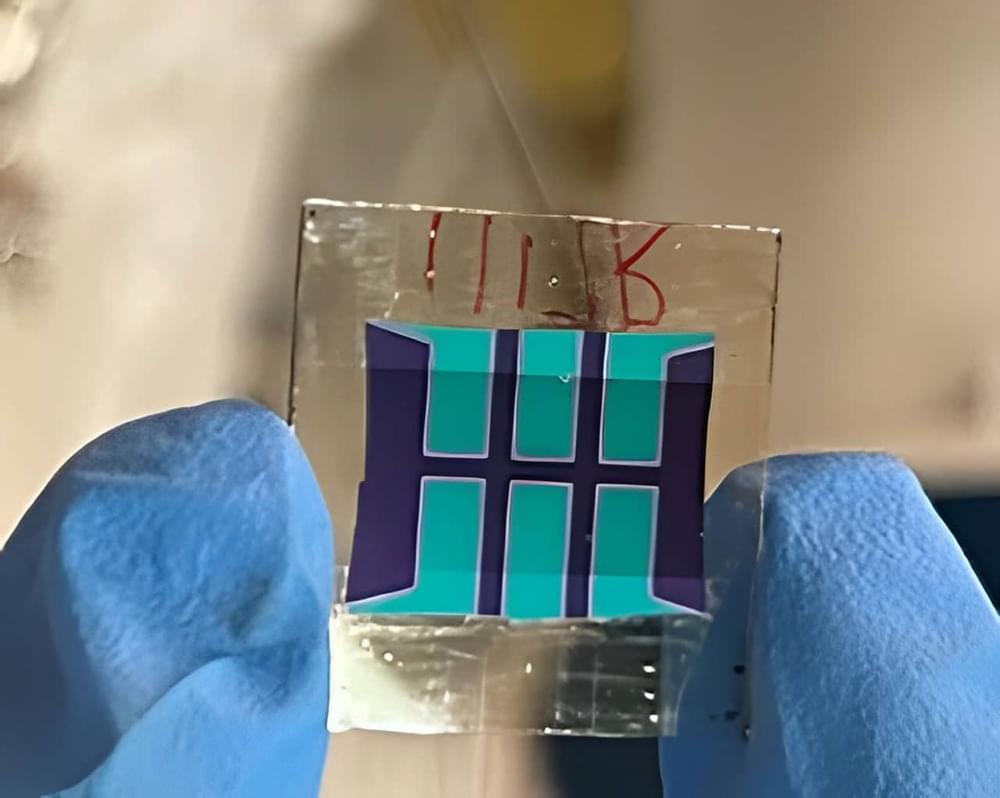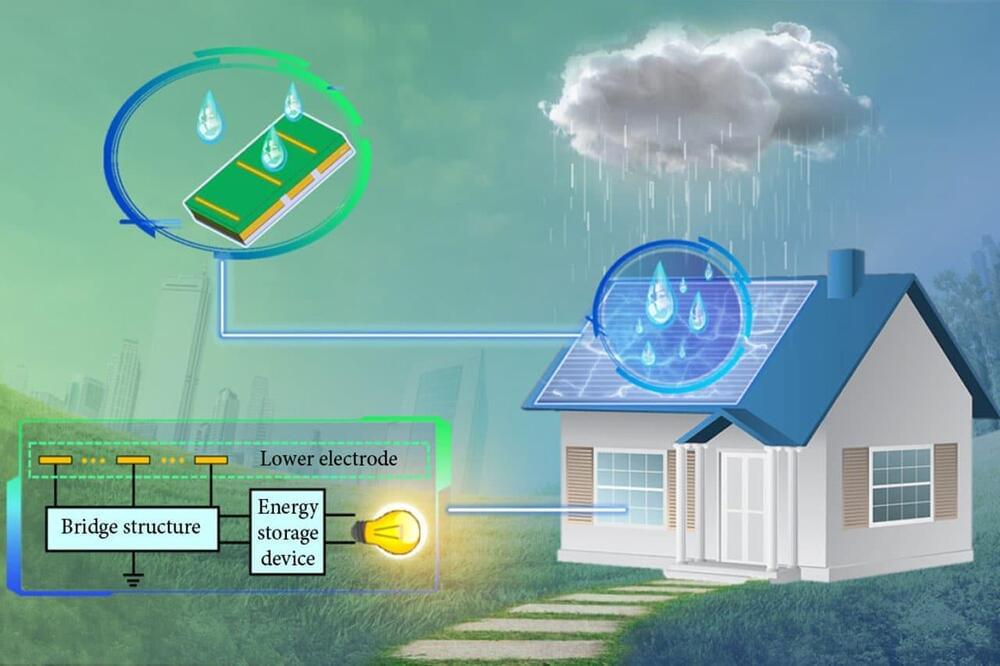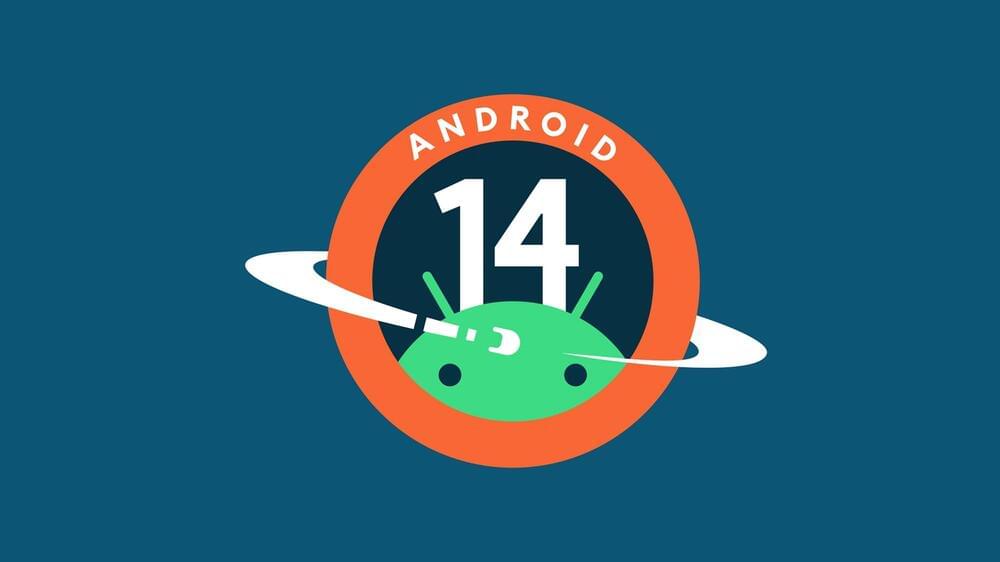Apple is secretly developing its own generative AI tools to challenge OpenAI’s GPT and other language models like Google’s Bard, reports Mark Gurman of Bloomberg News. Internally dubbed “Apple GPT,” the company’s ChatGPT clone is already being used by some employees for work tasks.
Gurman reveals that a cross-functional collaboration is underway at Apple, with teams from AI, software engineering, and cloud infrastructure working together on this covert project. This initiative is driven by concerns within Apple that its devices may lose their essential status if the company lags behind its competitors in AI.
AI has been a component of Apple’s devices for years, primarily operating behind the scenes to enhance photo and video quality, and to power features such as crash detection. More recently, Apple has begun to introduce AI-powered enhancements to its iOS.
